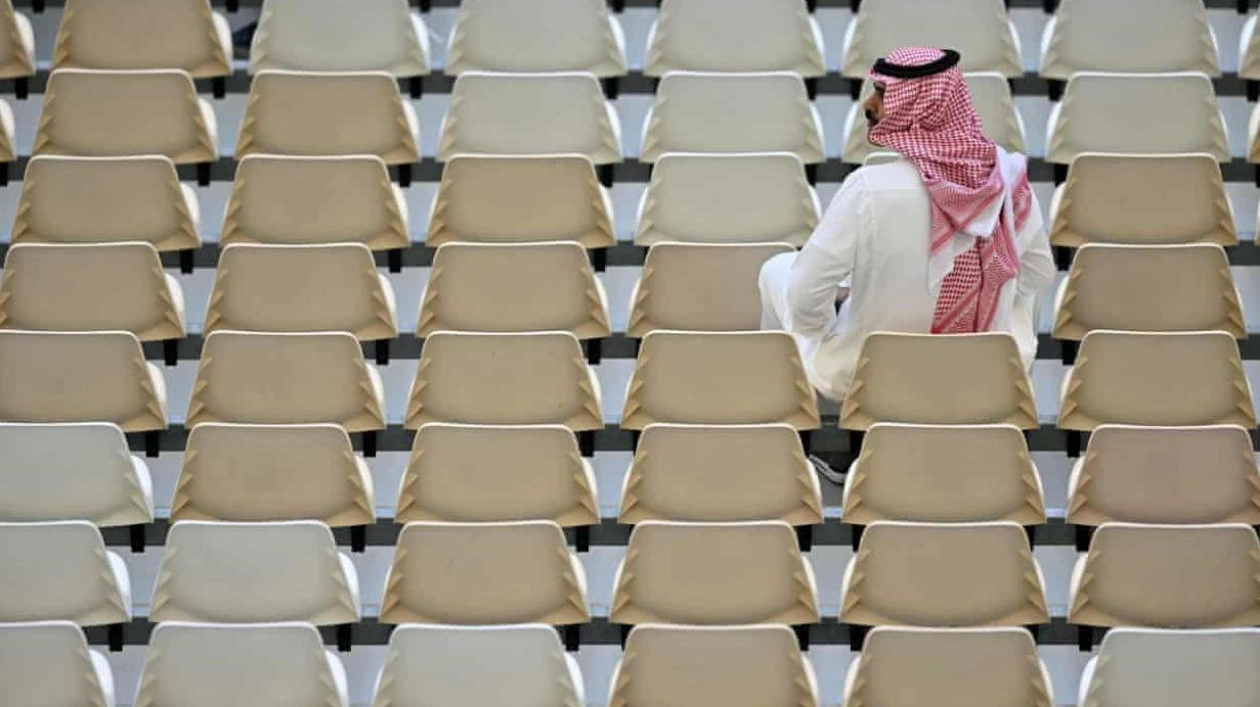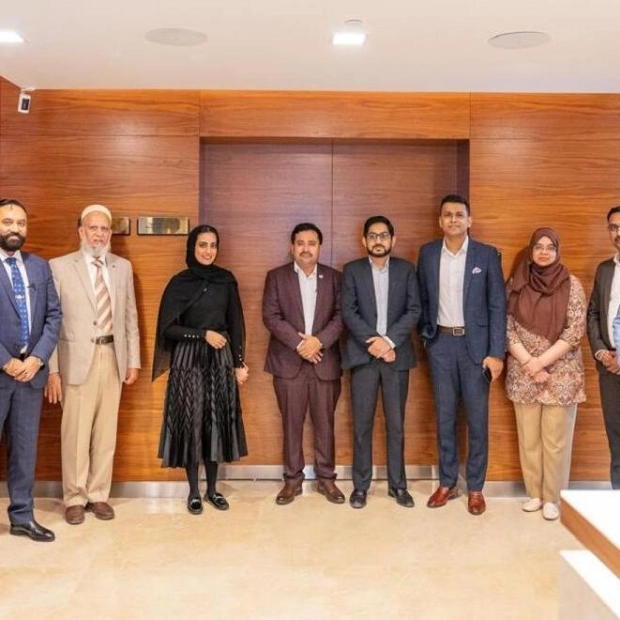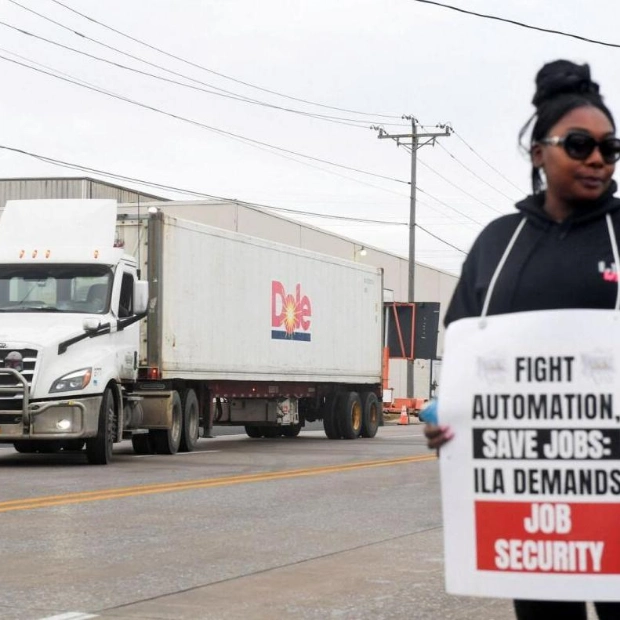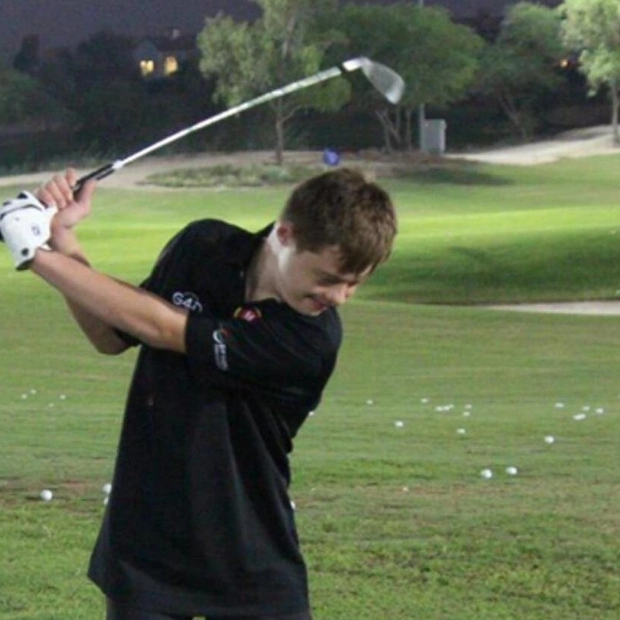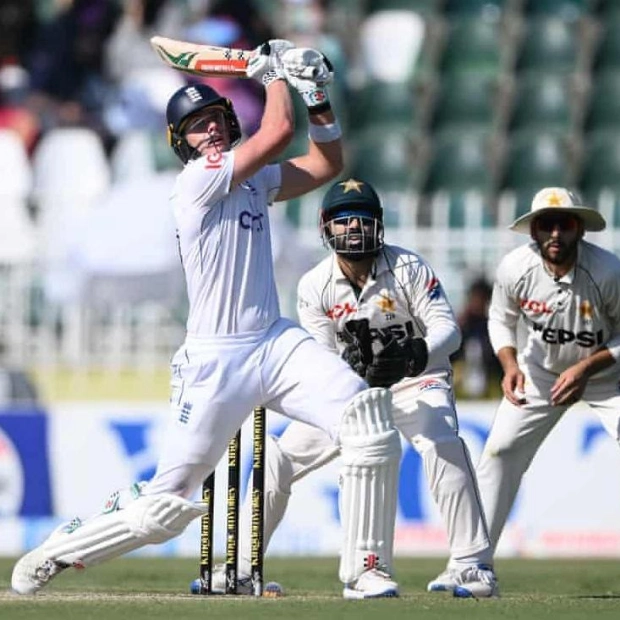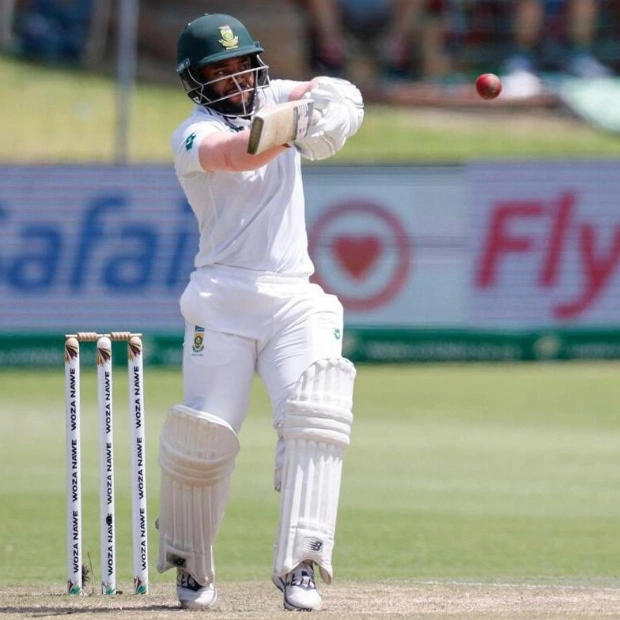The most effective tactic the devil ever mastered was to overwhelm the critical faculties of those who sought to hold him accountable. Use the word “garbage” once, and there’s a sudden surge of close reading, with people dissecting the true meaning: did he say “supporters” or “supporter’s”? But be a convicted felon who constantly spews insults and non sequiturs, and the response becomes fragmented and unfocused, always shifting to the next outrage, ensuring none ever truly sticks.
Saudi Arabia is set to be awarded the right to host the 2034 World Cup on Wednesday. There may not even be a vote, just a chorus of acclamation. Lise Klaveness, the Norwegian Football Federation president, has been a steadfast critic of Gianni Infantino, and last month raised several concerns about the bidding process for 2034. However, it seems there’s little even she can do now. Other Scandinavian federations, the only potential source of resistance, appear to have already accepted the inevitable. When there’s only one option available, what else can you do?
It’s worth revisiting why there’s only one option. Fifa regulations, quite reasonably, state that after a confederation hosts the World Cup, it cannot host either of the following two. The 2026 World Cup will be co-hosted by the USA, Canada, and Mexico, ruling out Concacaf. The 2030 World Cup will be co-hosted by Spain, Portugal, and Morocco, with three symbolic games in Uruguay, Argentina, and Paraguay to mark the centenary of the first World Cup. This eliminates Uefa, Caf, and Conmebol, leaving 2034 to either Asia or Oceania.
On 6 October last year, without warning, Fifa opened the bidding process, giving potential hosts just 25 days to submit their bids. Assembling a bid typically takes months: stadiums need to be selected, logistics planned, construction funded, and permissions secured. That’s not something that can be done in 25 days. Saudi Arabia, however, had their bid document ready to go. Australia, which might have been interested in hosting, saw the writing on the wall and opted not to enter a race it had no chance of winning.
Despite this, there was still Fifa’s rigorous vetting process for the Saudis to navigate. AS&H Clifford Chance, based in Riyadh, was contracted to conduct an “independent human rights context assessment.” Amnesty International described the report as a “whitewash,” ignoring key issues while selectively using UN investigations that highlight widespread torture in prisons, the criminalization of women and girls who report sexual abuse, and complaints over worker rights.
This last point seems particularly relevant in light of Fifa’s subcommittee on human rights and social responsibility report, published last week. While it concluded that Fifa has a responsibility to compensate those who suffered losses due to World Cup construction projects, the governing body has declined to pay compensation. Reports suggesting the situation will be even worse in Saudi Arabia, given the scale of construction, have largely been ignored. Since 2016, about 21,000 Indian, Bangladeshi, and Nepalese workers have died in Saudi Arabia. With the construction of new stadiums and associated infrastructure, including 185,000 hotel rooms, that number is unlikely to decrease.
The kafala system of labor sponsorship, which was eventually abolished in Qatar (at least on paper), still exists in Saudi Arabia. Trade unions are banned, and labor laws are rarely enforced, leading to widespread exploitation of migrant workers. Fifa’s own report on the Saudi bid rated the human rights risk as “medium,” which raises the question of what “high” would look like. Amnesty describes the situation as “dire” and worsening under Mohammed bin Salman, who has overseen a surge in mass executions, torture, enforced disappearances, severe restrictions on free expression, repression of women’s rights, LGBTI+ discrimination, and the killing of hundreds of migrants at the Saudi-Yemen border.
Fifa awarded the Saudi bid a record-high score of 419.8 out of 500, possibly the least credible figure issued by an official body since Enver Hoxha’s Communists claimed 1,627,959 of 1,627,968 votes in the 1982 Albanian election. Saudi Arabia’s stadiums were rated the same as those for 2026, despite 11 of them not yet existing. This raises the obvious question of why. The Saudis are hosting the World Cup as part of their broader soft-power investment in sport, but what does Fifa gain in return?
Last week, Infantino announced that streaming rights for next summer’s Club World Cup, his pet project aimed at wresting control of the club game from Uefa, had been bought by Dazn for $1bn. Every match will be broadcast live and for free. Industry insiders suggest this figure is significantly higher than the market rate (Fox offered only $10m for the US rights). Dazn has posted losses of at least £1bn annually since 2019, but recent reports indicate the Saudi Public Investment Fund is preparing a $1bn bid for 10% of the company. Dazn would then serve as a platform to promote Saudi investment in sport while also rescuing the financially struggling Club World Cup. Infantino and Saudi Arabia win; football and human decency lose.
The World Cup was founded by Jules Rimet, a romantic who established his own club in Paris in response to the papacy’s suggestion that sport could alleviate “misery and wretchedness.” He believed sport could unite the world. It took just four years and the intervention of Italy’s dictator Benito Mussolini to reveal the naivety of that belief. But the World Cup has never seemed so far from Rimet’s ideals as it does now, simultaneously the greatest sporting festival on the planet and a tawdry commercial machine operating at immense human and environmental cost for the benefit of torturers, murderers, exploiters, and the insatiably greedy. Scrutiny is stifled by the sheer variety of outrages.
Source link: https://www.theguardian.com
